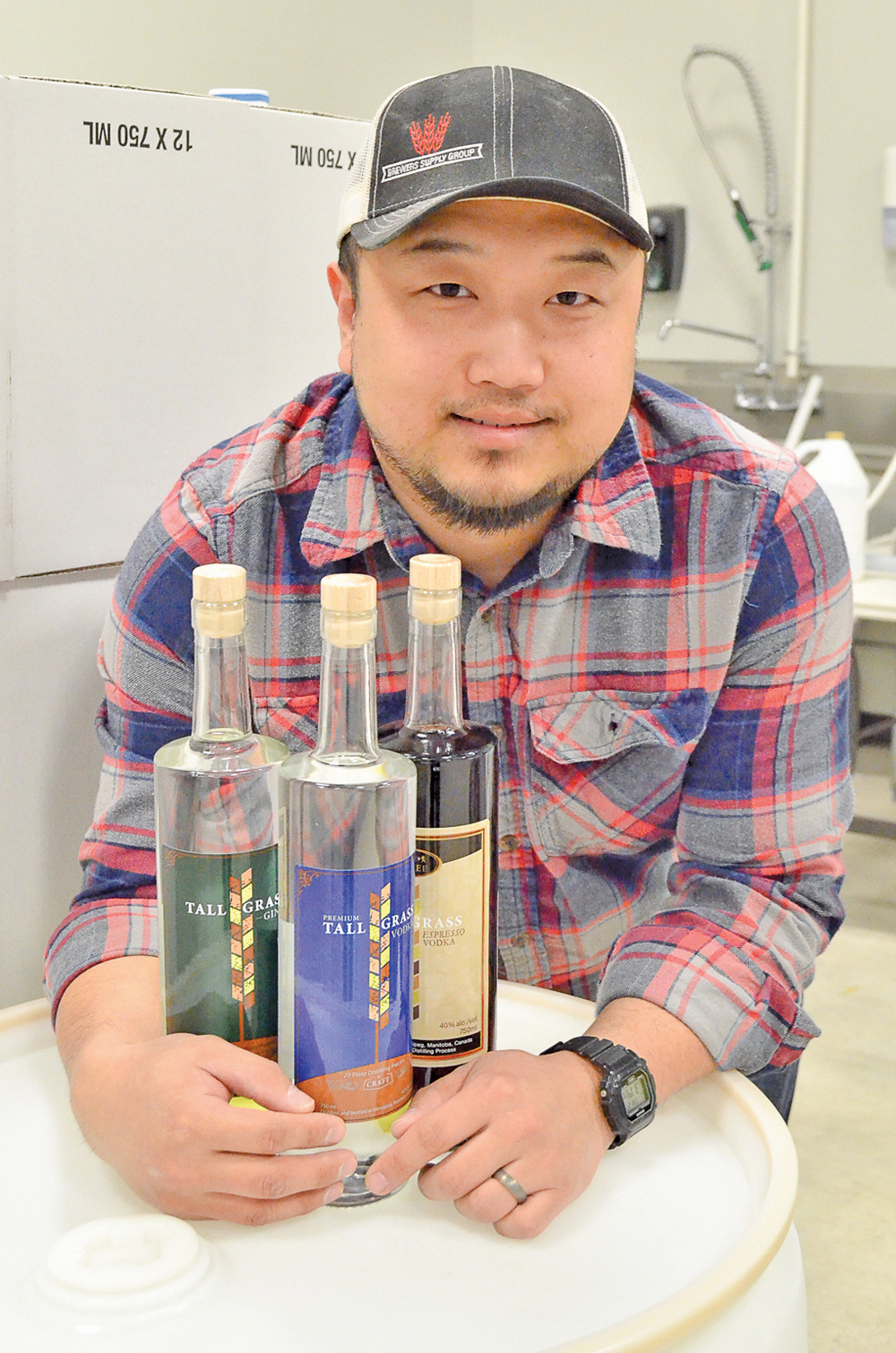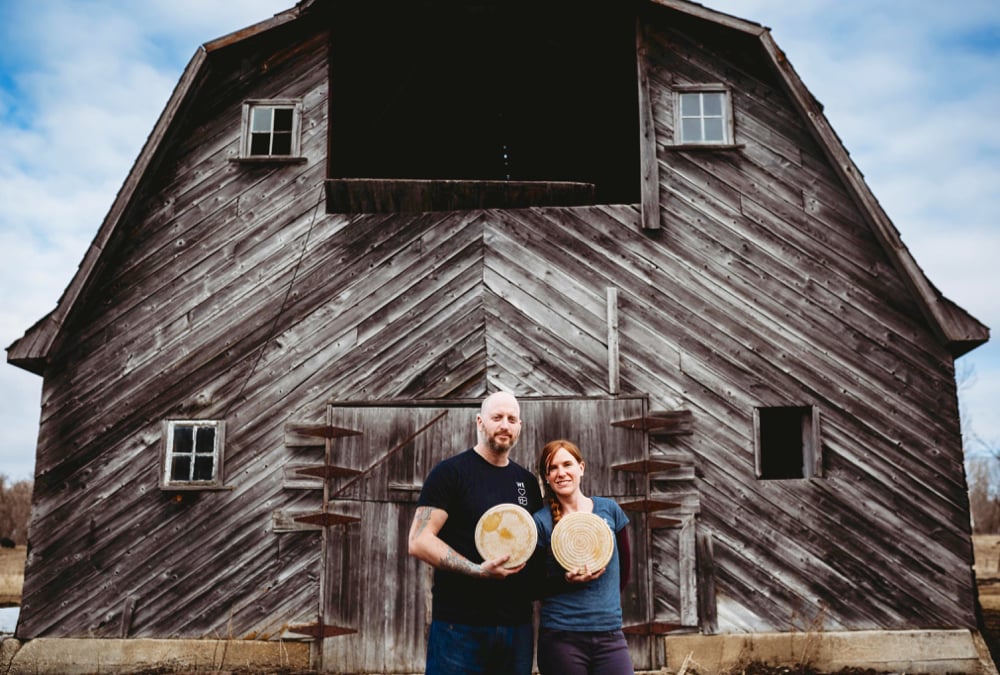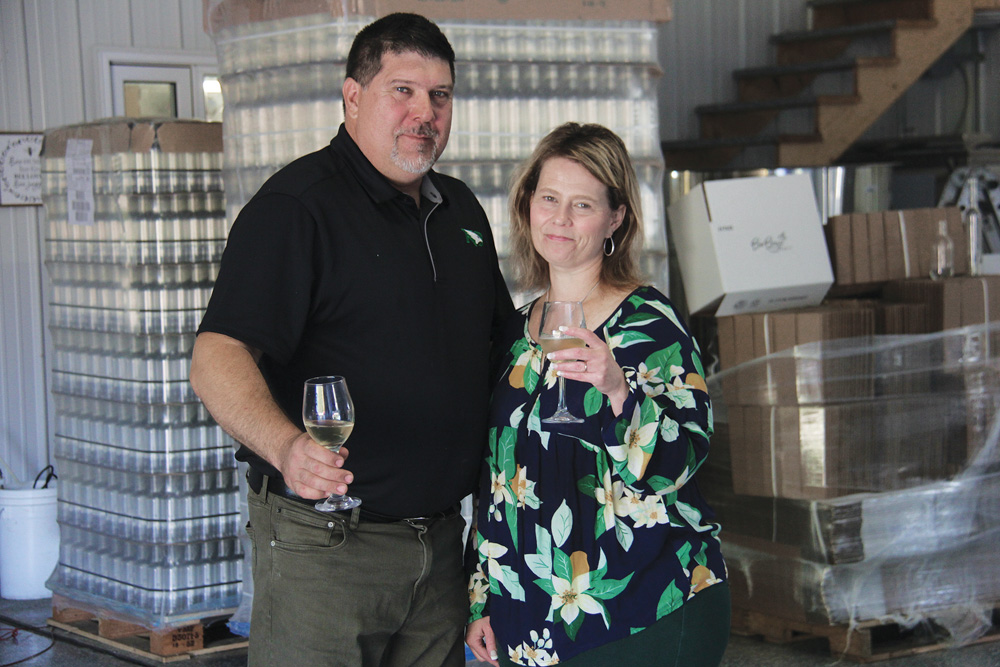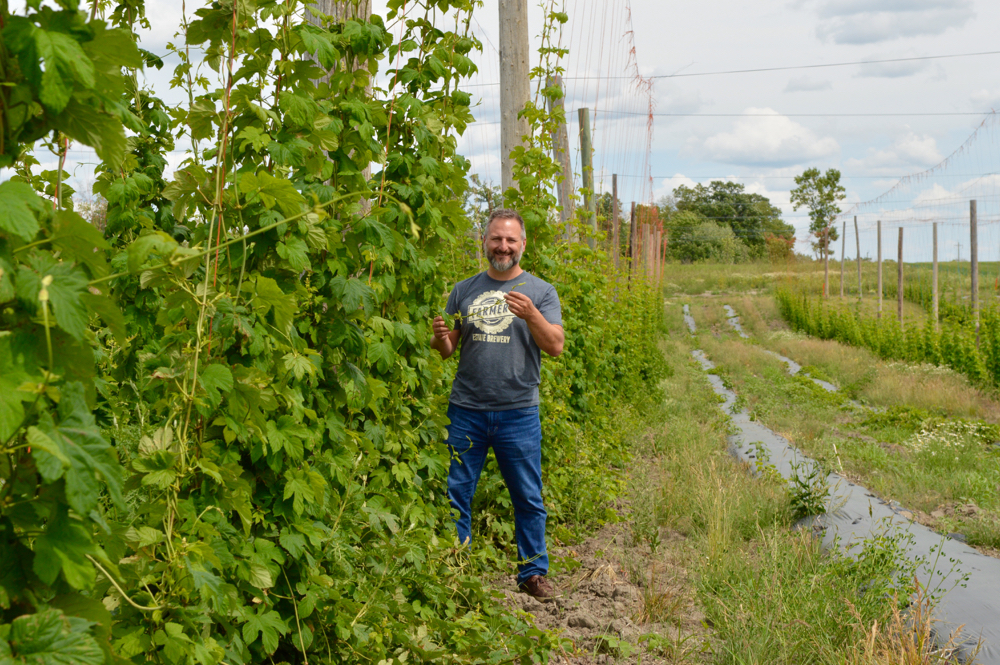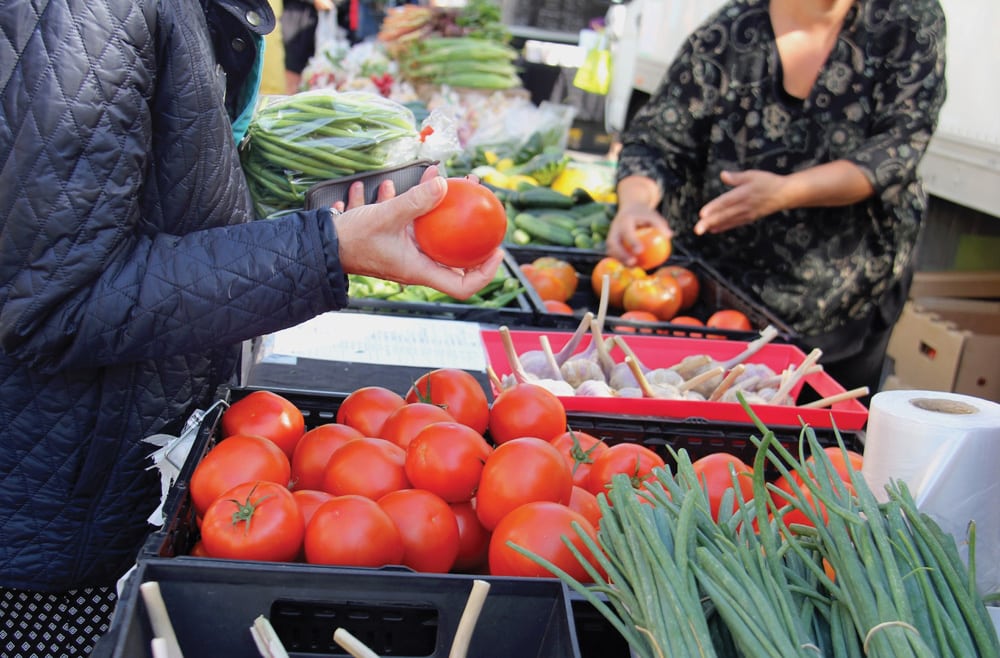Kang’s process starts once the grain arrives at his distillery in one-tonne totes. Each 400-kilogram batch of raw grain is first weighed, then sent to the mill to be cracked.
“After that, we cook the grain,” Kang said. “Which is what we call the mashing, so the same process as making beer.”
After that, the mash goes into the fermenter, where it will stay for a week. The resulting slurry contains about 10 per cent alcohol and it is here that the distillation process begins.
Read Also
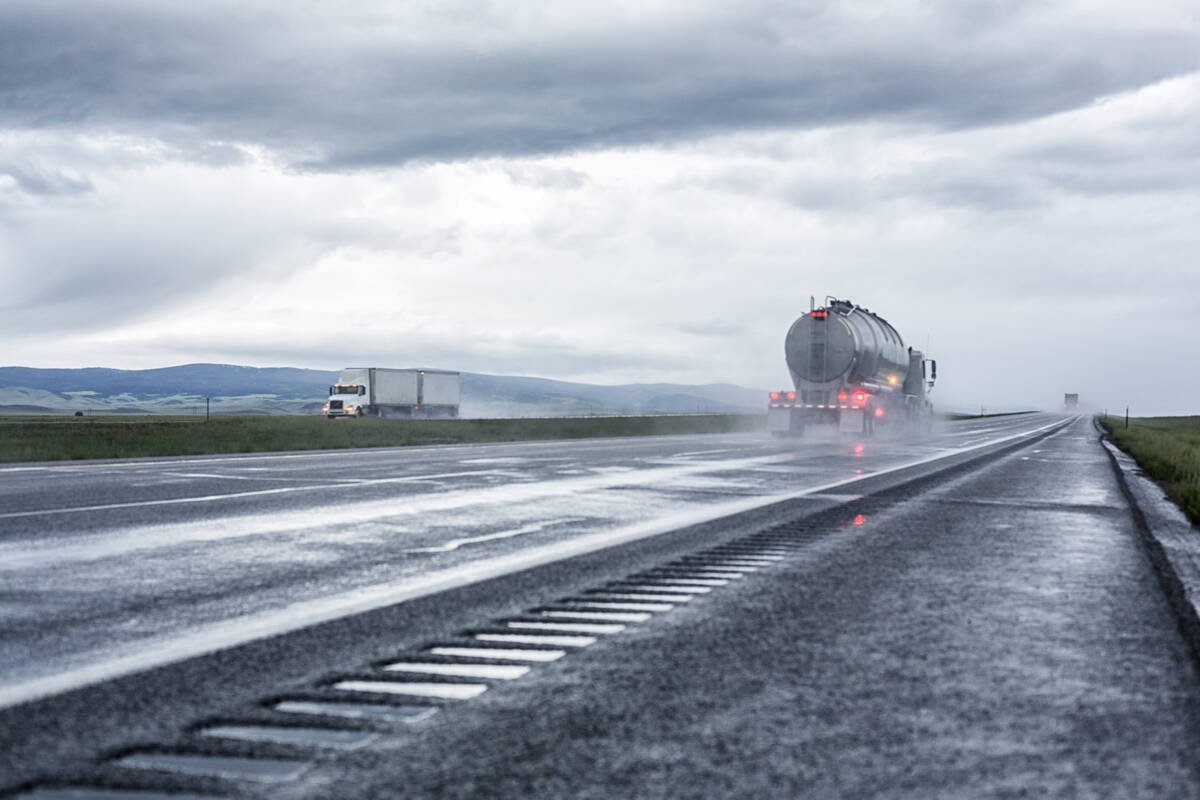
Province pledges funds to CentrePort Canada
The Manitoba government has pledged $450,000 towards projects at inland port CentrePort Canada.
- Read more: Distilling the true spirits of Manitoba
The first distillation, or stripping run, filters the alcohol from the rest of the fermented mash. The raw alcohol, or “low wine,” is then moved to a second, smaller vat attached to a 20-plate column still.
“So the low wine will actually start heating up and it goes through the 20 plates that we have there and this process will actually select the good alcohol and separate it from the bad,” Kang said.
What comes out of the second run is about 95-96 per cent alcohol, although the first unwanted litres are high in toxins and contaminants such as acetone and methanol. The second part, or heart, of the distilling run is the purified ethanol and is what goes on to be diluted and eventually bottled. The bottom “tails,” also full of unwanted or unpleasant-tasting compounds, are also discarded.
Kang dilutes his spirits twice, once to 50 per cent alcohol and then filtered over a number of days before being diluted again to 40 per cent, a technique he says that adds smoothness.
The spirits are then hand-bottled onsite and shipped.
From start to finish, the process takes two weeks to complete.


